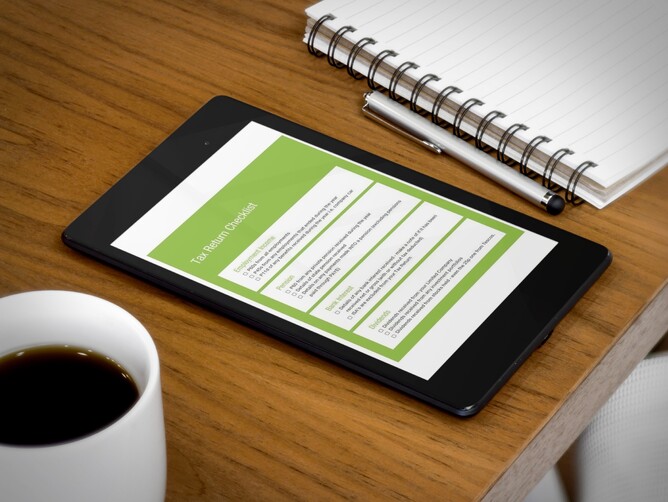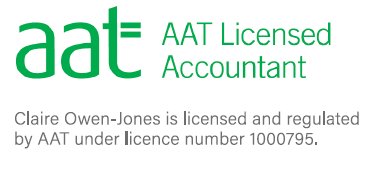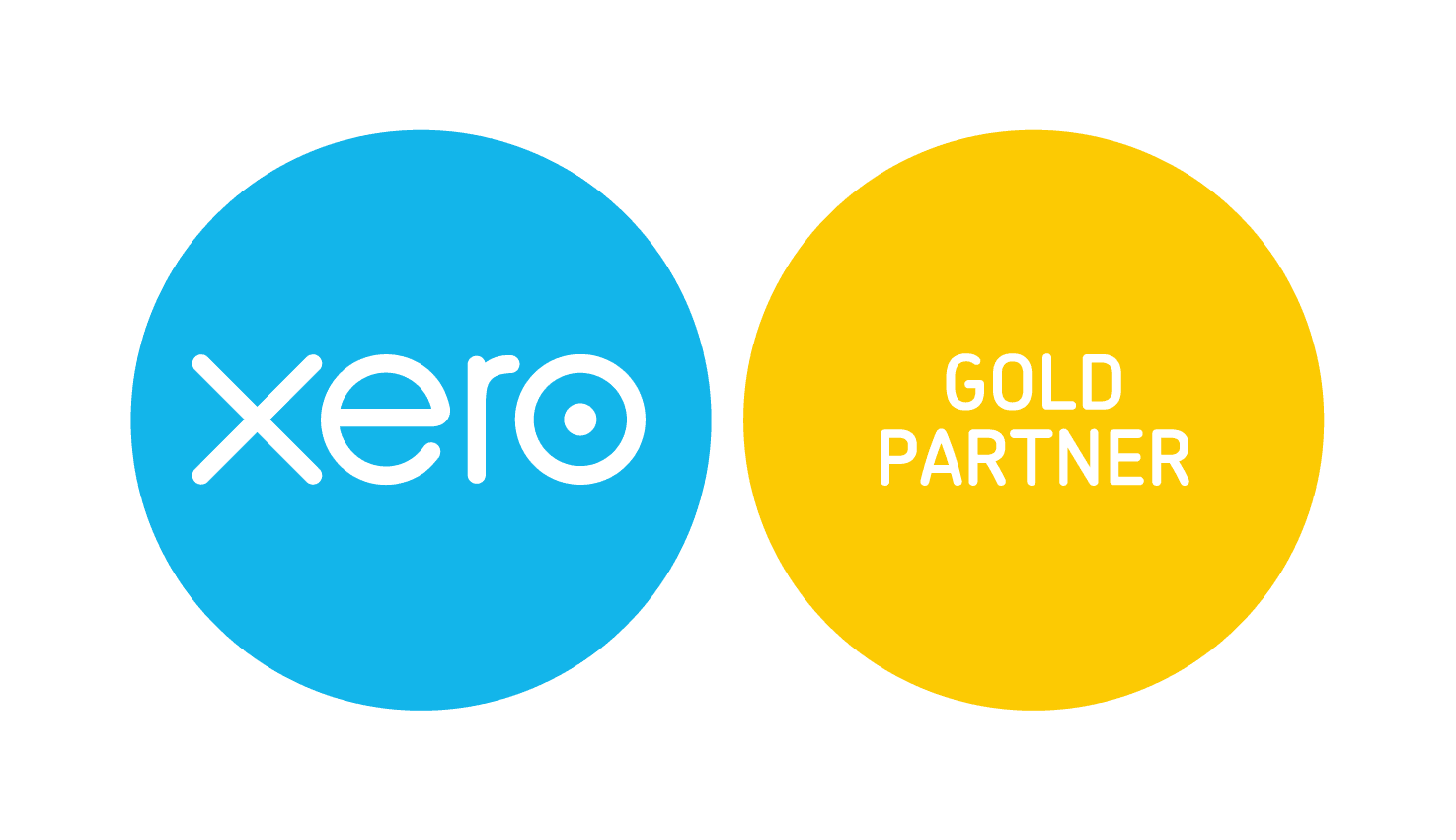With the Tax Return deadline fast approaching, there are probably thousands of business owners frantically packing a year's worth of receipts into bags and boxes, ready to drop them into their accountant's office.
Invariably, this unique filing system is flawed, so it is likely that a phone call from the accountant will follow. Possibly asking for additional bank statements, maybe even asking for paperwork that relates to the correct tax year.
So if you are that business owner, here is a breakdown of what records your accountant will need to produce your accounts and your personal tax return.
Firstly, it is important to remember that the 2017 tax return covers the period 6 April 2016 to 5 April 2017. If your accounts have a 31 March year end, then that will be an easier 1 April 2016 to 31 March 2017 period. Only a small difference, but worth noting.
ACCOUNTS RECORDS
- Your bank statements for ALL of your business accounts and for the WHOLE period. You'll probably have one main account, but if you have a deposit account or a reserve account, they'll still need to see the statements to track any movement during the year. Even if it's just 6p interest. Oh and also include any cheque books and paying in books if you still use these. Chq 00051 for £46.57 means nothing to anyone.
- Your loan statements. I know the bank is sometimes unhelpful and only sends out calendar year statements, but your accountant will need to know the closing balance as at your year end date. The interest suffered is a tax deductible expense, so if getting the balance is fiddly, it's worth doing.
- If you have a business credit card, then they'll need these statements too. If it's a personal card that you occasionally pay for business expenses on, spend the time highlighting these.
- Details of any finance agreements taken out during the year. If you've got a new hire purchase, you must let your accountant know. The interest on the repayments is a tax deductible expense and the asset could fall under the annual investment allowance. Failure to disclose a new piece of equipment could add hundreds of pounds to your tax bill. Find that agreement!
- All your payroll records for the year (unless your accountant runs your payroll of course). You'll need a print out of each month's pay run so they can reconcile the net payments made to employees. Make sure your reports show employers national insurance; so payslips are not enough.
- All of your sales income. So all of your sales invoices for the year (regardless of whether they have been paid or not). If you run an online shop then your accountant will need your total sales before any fees were deducted.
- All of your purchase invoices and expenses receipts for the period. If your accountant doesn't have these then they may need to make assumptions and/or some expenses could be missed out all together, increasing your tax bill.
- Petty cash receipts and also a note saying the petty cash balance at the year end. Your accountant will need to reconcile your cash so this vital.
- An estimate of your stock value as at 31 March. I know it was a long time ago, but even if you can say that you only keep a weeks worth of purchases is a good starting point.
- If you trade through a Limited Company, then keep a log of any business mileage that you do. Keep in mind that business mileage is not driving to work every day; instead it's travelling to courses and your accountants, those kind of things.
TAX RETURN RECORDS
- If you have any employment income (aside from your Limited Company), you need to provide your P60, or P45 if that employment income ceased during the year.
- If you had a P11d then also include that as otherwise your tax calculation will be wrong and you could end up getting a tax refund and then into a whole host of problems with HMRC!
- Details of any private pension payments made.
- Details of all bank interest received during the year (excluding ISA's). This is one item on your tax return which HMRC already know, so don't "forget" your savings account. HMRC will find out and as the saying goes, you can't out fox a fox.
- Details of any dividends received during the year. Yes even the 25p one from Tesco. Everything needs to be included.
- Rental income. Your accountant will need to see your property management expenses if your receive you rental net via an estate agent. Also your mortgage interest. If you have a repayment mortgage then the repayment element is not tax deductible so cannot go on your Tax Return.
- Any other income received during the year. This could range from another self employment that you may have or a chargeable gain. Maybe you sold a rental property or some shares.
Your Tax Return needs to show ALL of your income so it's better to run something past your accountant if you're unsure rather than making the decision not to declare it yourself.
So that's it; a brief run through of everything that you need to put in your carrier bag to take to the accountants.







